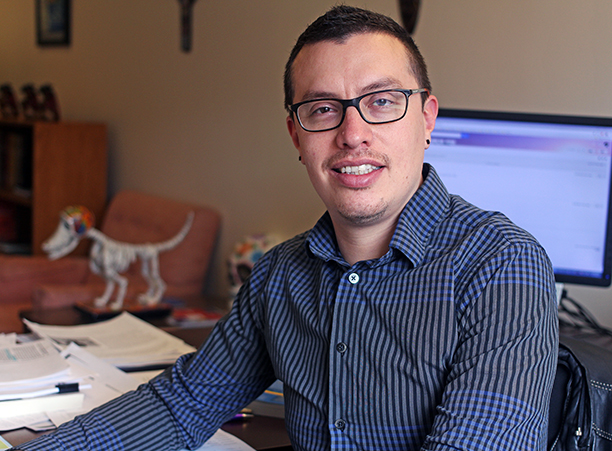
While plastic surgery is widely available in Brazil's public hospitals, and in most cases free or low-cost, "the 'right to beauty' has a darker side to it," says Holy Cross assistant professor of anthropology Alvaro Jarrín. In an article for The Conversation, Jarrín describes the development of a culture in which "beauty is perceived as being so central for the job market, so crucial for finding a spouse and so essential for any chances at upward mobility that many can’t say no to these surgeries."
Jarrín has spent years studying the expansion of plastic surgery amongst low-income patients in Brazil, the second-largest consumer of plastic surgery in the world, and has found that many patients felt like guinea pigs for medical residents learning and practicing their trade, with some surgeries having resulted in permanent disfigurement.
Jarrín’s research has culminated in the publication of "The Biopolitics of Beauty: Cosmetic Citizenship and Affective Capital in Brazil," a book in which Jarrín questions the idea that "humanitarianism is the driving force of plastic surgery in Brazilian public hospitals."
You can read the full article at The Conversation. The piece has also been republished by Newsweek and CNBC.
Holy Cross Professor Describes the Dangers of Plastic Surgery in Brazilian Public Hospitals
The Conversation | Newsweek | CNBC
Read Time
1 Minute


